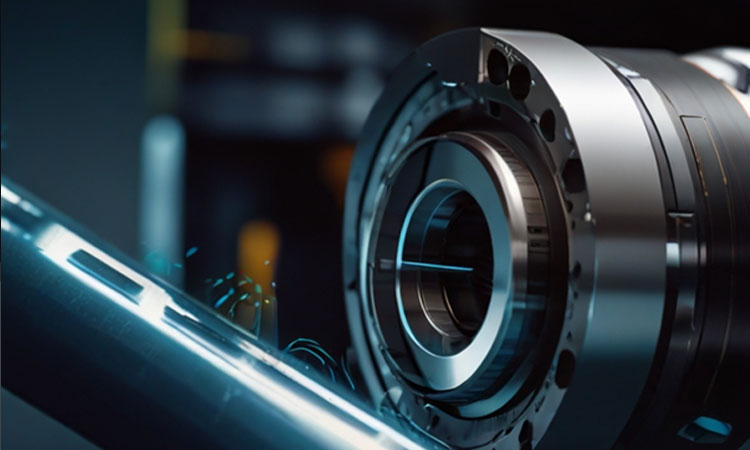One of the key advancements in digitalization is the integration of Internet of Things (IoT) technology into machining centers. IoT-enabled machines collect real-time data on machining parameters, tool wear, and process conditions, providing valuable insights into performance and efficiency. By analyzing this data, manufacturers can optimize cutting parameters, minimize downtime, and maximize tool life, resulting in significant cost savings and productivity gains.
Real-time monitoring systems further enhance visibility and control over machining processes, enabling operators to monitor production status, identify potential issues, and make informed decisions in real-time. By providing instant feedback on tool wear, machine performance, and part quality, real-time monitoring systems ensure that machining processes remain within specified tolerances and quality standards, minimizing scrap and rework.
Predictive maintenance is another critical aspect of digitalization in aerospace and defense machining, leveraging data analytics and machine learning algorithms to anticipate equipment failures and schedule maintenance proactively. By analyzing historical data on machine performance and tool wear, predictive maintenance systems can identify potential issues before they escalate into costly downtime or production delays, ensuring optimal equipment uptime and reliability.
Digital twins represent a transformative concept in aerospace and defense machining, creating virtual replicas of physical machining systems and processes. By simulating machining operations in a virtual environment, digital twins enable manufacturers to optimize tool paths, predict machining performance, and evaluate the impact of process changes before implementation. This virtual modeling capability enhances process optimization, accelerates product development, and minimizes risk in aerospace and defense manufacturing.
In conclusion, digitalization and Industry 4.0 principles are reshaping aerospace and defense machining, empowering manufacturers to achieve unprecedented levels of efficiency, quality, and agility. By leveraging IoT-enabled machining centers, real-time monitoring, predictive maintenance, and digital twins, manufacturers can unlock new opportunities for innovation and competitiveness in the dynamic aerospace and defense industries.



